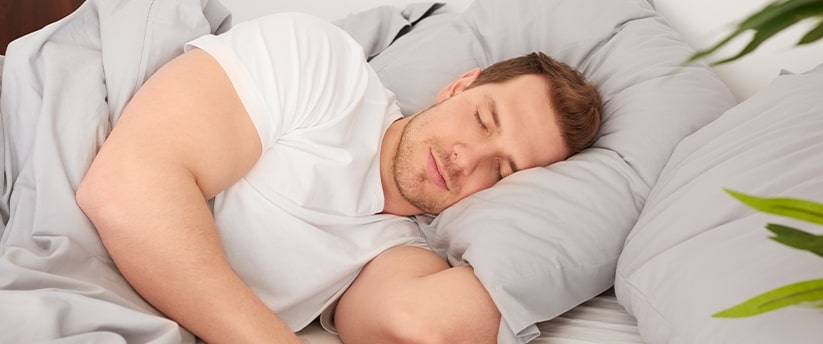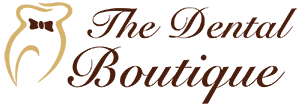Stop clenching your teeth and sleep better

Stop clenching your teeth and sleep better
What is bruxism?
Bruxism, also known as teeth grinding, teeth clenching, teeth gnashing, or teeth-gritting, is the third most common sleep disorder (after snoring and sleep talking), in both adults and children. It’s a worldwide phenomenon that occurs in every race, socio-economic level, and in both sexes. Today the statistics show that one out of every four dental patients has bruxism.
Types of bruxism
Sleep bruxism – This is a subconscious and involuntary habit of teeth grinding and clenching which usually occurs during sleep, and is considered to be very common. It can occur on a regular basis, and sometimes it comes and goes. Normally, a nightly attack of bruxism lasts only 4 to 15 seconds, but in the average case, it occurs many times during the night (25 times per night). Thus, people who brux during sleep may grind their teeth for more than two minutes a night. In some cases, the grinding is very loud, and in others it’s quiet.
Daytime bruxism– It occurs during the day as a response to mental stress, anger, or anxiety. Daytime bruxism is expressed mostly in clenching and not in grinding.
What is the difference between grinding & clenching?
Grinding teeth means sliding or rubbing your teeth across one another while Clenching is pretty much biting down your teeth.
Bruxism Signs and Symptoms
Many people are unaware that teeth grinding is a medical condition that has serious consequences. Unfortunately, most sufferers are unaware that they have the condition unless someone who lives closely with them tells them. There are many signs and symptoms that can indicate you have bruxism. The main symptoms are the following:
- Intense grinding of teeth with loud and audible noises: This is usually the first and most obvious sign that a child, partner, or other family member has bruxism. It happens normally during sleep without the person being aware that they are grinding their teeth. It can be so loud that their partner/spouse is awakened. Often a partner or parent becomes aware of bruxism in a sleeper before the sleeper does.
- Flattened, worn down, fractured, or chipped teeth: The first health consequence of teeth grinding is the effect it has on the mouth area. The teeth can become worn down and flattened and the enamel cracked ( tooth enamel is the hard layer on the surface of the teeth).
- Teeth sensitivity: Another problem that can arise due to teeth grinding is sensitivity. The pain can be felt in the gums as well as the teeth when eating or drinking anything cold or hot. If your teeth are unusually sensitive to heat and cold, it could be because the enamel on the surface of the teeth has worn away.
- Pain and tightness in your facial muscles and jaw: It can be caused by teeth grinding. The constant movement and stretching of the jaws and muscles during grinding episodes can result in tension, which is the main cause of damage and pain in the mouth area.
- Earaches, headaches, and migraines: Earaches and headaches can be brought on by the tension caused by grinding teeth. Similarly, research has shown migraine headaches may be a consequence of muscle tension.
- Cheek tissue damage: Cheek tissue damage is another complication that can arise. This normally occurs during sleep and most often when the head is at a sideway angle.
- Bite damage to the inside of the cheek: In addition, it is common during teeth grinding to sustain bite damage to the inside of the cheek, and bite marks can also appear on the tongue.
- TMJ: Another condition resulting from teeth grinding is temporomandibular joint inflammation – TMJ for short. This is a painful condition that arises due to the joint securing the lower jaw to the skull becoming inflamed. The surrounding tissues and muscles may also be inflamed, leading to further pain and swelling.
How is bruxism diagnosed?
Option 1: Sleep Partner – Many times, bruxism can be identified by your sleep partner or spouse, who hears the grinding at night.
Option 2: Your Dentist – After reading all the signs and symptoms that can indicate you have bruxism if you suspect or are sure that you are grinding your teeth (and/or clenching teeth), the first thing to do is visit your dentist. Your dentist will try diagnosing bruxism by a basic examination (your teeth, mouth or jaw may have basic signs).
Teeth grinding causes
Broadly speaking teeth grinding causes can be divided into two categories: emotional and physical.
Emotional reasons:
Stress is a major cause of bruxism, along with related emotions and reactions
Stress and anxiety:
Stress and anxiety are the major factors in teeth grinding. It has been found that teeth grinding is one way in which the body copes or tries to reduce levels of tension in the body. Life can be really fast at times, and your lifestyle can negatively affect your body in various ways, your mental health being one of them.
Research has concluded that bruxism has developed a way for the body to mitigate stress. Bruxing, scientists say, is a subconscious attempt to decrease stress levels. In addition, studies have shown that during times of stress (health, family or job-related), adults with bruxism have increased their grinding.










